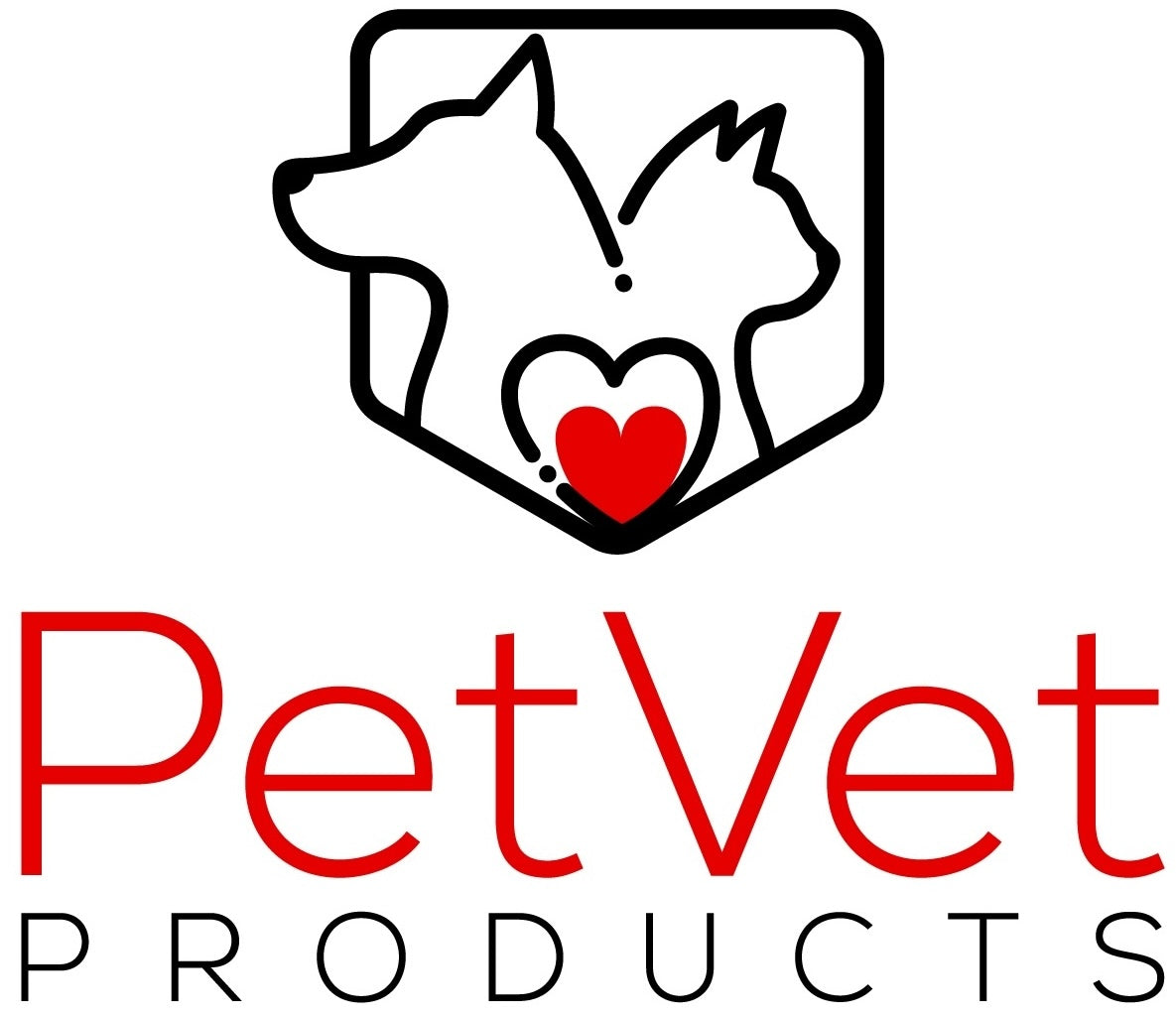If you notice any of these signs or symptoms in your pet, it is important to seek veterinary care as soon as possible. Early detection and treatment of illnesses can significantly improve the outcome for your pet. Always trust your instincts—if something seems off with your pet, it’s better to be cautious and consult a veterinarian.
Safe and Unsafe Human Foods for Pets
Foods Pets Can Eat
- Carrots: Rich in vitamins and low in calories, carrots are a healthy snack for
- Apples: High in fiber and vitamins A and Be sure to remove seeds and core.
- Blueberries: Packed with antioxidants and vitamins, they make a great
- Peanut Butter: A favorite treat for many dogs but ensure it's free from
- Cooked Chicken: A good source of protein, just make sure it’s plain and
- Green Beans: Low in calories and high in fiber, green beans are a nutritious
- Sweet Potatoes: A great source of vitamins and fiber when cooked and
- Plain Yogurt: Offers probiotics and Choose unsweetened and unflavored varieties.
- Watermelon: Hydrating and low in calories but remove seeds and
Foods Pets Should Avoid
- Chocolate: Contains theobromine, which is toxic to dogs and
- Grapes and Raisins: Can cause kidney failure in
- Onions and Garlic: Contain compounds that can damage red blood cells in
- Alcohol: Can cause severe poisoning and even death in
- Caffeine: Found in coffee, tea, and some sodas, it can be harmful to
- Xylitol: A sweetener found in many sugar-free products, extremely toxic to
- Macadamia Nuts: Can cause weakness, vomiting, and hyperthermia in
- Dough with Yeast: Can rise in a pet’s stomach, causing pain and potential
- Bones: Cooked bones can splinter and cause choking or internal
Always consult with your veterinarian before introducing new foods into your pet's diet to ensure their safety and health.

